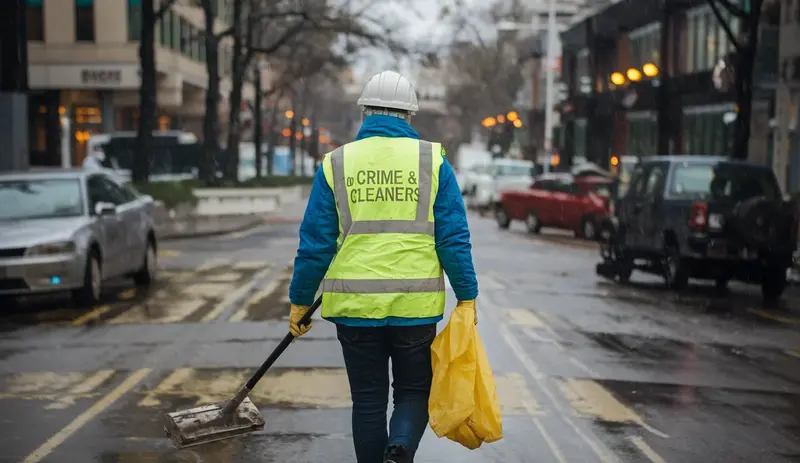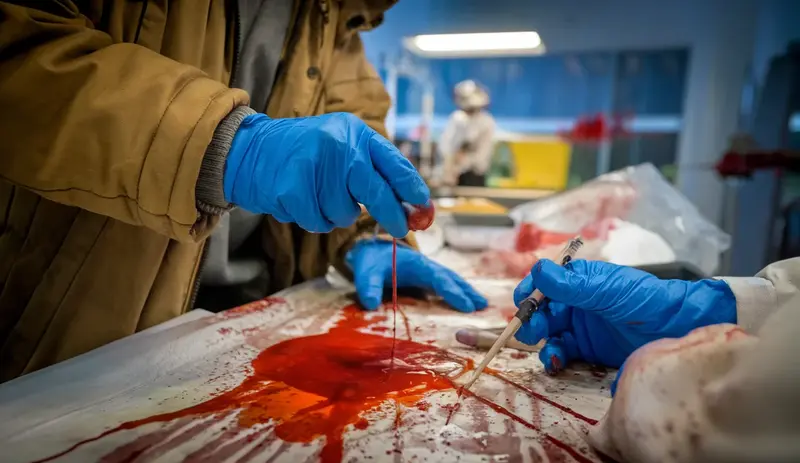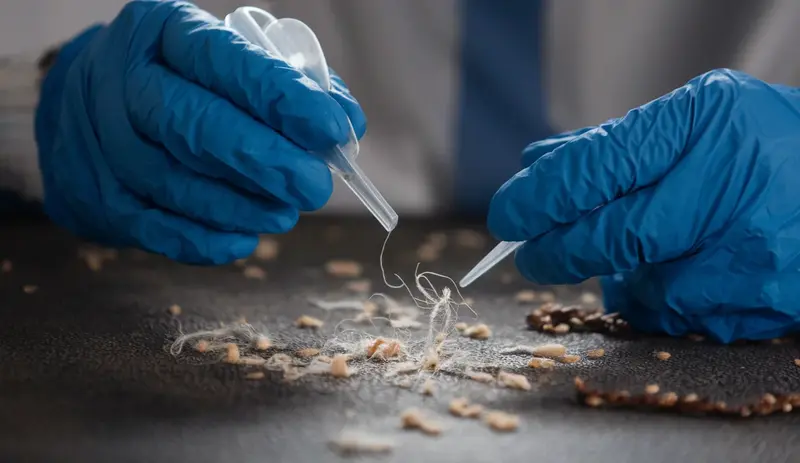Crime scene cleaning is a profession that exposes workers to intense emotional and psychological challenges. This article explores the profound mental health risks faced by professionals who encounter traumatic scenes daily, examining the potential for PTSD and strategies for emotional resilience.
Understanding Emotional Trauma in Crime Scene Cleaning
Crime-scene cleaning is often shown as just a logistics job, but it really feels like a hard emotional trek for professionals at Crime Scene Services INC. Seeing lots of violent deaths, blood-filled rooms, and the quiet echo of trauma adds up to stress that’s not the same as regular work fatigue.
Over time, all those graphic scenes build a kind of professional trauma. Workers end up soaking in the horror of each place while still trying to look efficient. That paradox—watching devastation and then fixing it—creates a nonstop mental load that we should notice.
Mental Health Risks for Crime Scene Professionals
The biggest mental-health danger for these workers is probably PTSD. Their brain’s threat centre (the amygdala) can stay over-active, and their stress hormones get messed up, making memory and feeling harder to control.
Some triggers keep popping up a lot:
- Unexpected graphic scenes that nobody prepared for
- Smells that bring back personal loss (like bleach after a family death)
- Sounds or sights that remind them of past jobs (a broken mirror, for example)
- An “emotional smell” of terror that just stays in the room
These things can cause flashbacks, being jumpy, and unwanted memories, raising the chance of long-term problems for Crime Scene Services INC employees.
Explore this too: How Can Too Much Blood Affect a Crime Scene?
Professional Resilience and Emotional Protection
To fight those risks, many agencies use critical incident stress debriefing—a talk after a tough job, kind of like putting on protective gear before you go in. Also, training now has emotional-resilience parts that teach coping tricks, mindfulness, and how to set personal boundaries.
Some places even make counseling required, giving staff therapy tools so mental health stays part of safety. At Crime Scene Services INC, we understand the importance of emotional well-being for our team.
Workplace Support and Prevention Strategies
Employers need to make a culture that feels safe to talk about feelings. Regular mental check-ups can spot early warning signs, and rotating workers spreads out the hardest scenes. Teams that help each other give a sense of belonging and let people share distress.
As one veteran says, “Our team doesn’t just clean scenes—we restore hope and dignity.” That line sums up the double job of fixing the place and caring for people at Crime Scene Services INC.
Personal Stories and Professional Experiences
People who stay anonymous say they see the work as a calling, not just a paycheck. Resilience shows up through structured emotional talk after each job, ongoing counseling options, and strong peer-support groups that say “I get it.”
Mindfulness habits keep workers grounded, helping shield them from the slow wear-out of constant trauma, turning tough moments into growth for Crime Scene Services INC professionals.
The Human Behind the Protective Gear
Knowing the technical steps is key, but what really matters is the worker’s emotional know-how. Being able to feel for grieving families, to treat victims with respect, and to stay calm under pressure marks the best cleaners.
In short, crime-scene cleaning isn’t just about sanitation; it’s also about healing and restoring, needing both skill and deep emotional strength. At Crime Scene Services INC, we understand this profound responsibility.
Crime scene cleaners face unique psychological challenges, but with proper support, training, and mental health resources, professionals can develop resilience and maintain their emotional well-being.
Recognizing and addressing potential PTSD is crucial for their long-term health and professional success.





